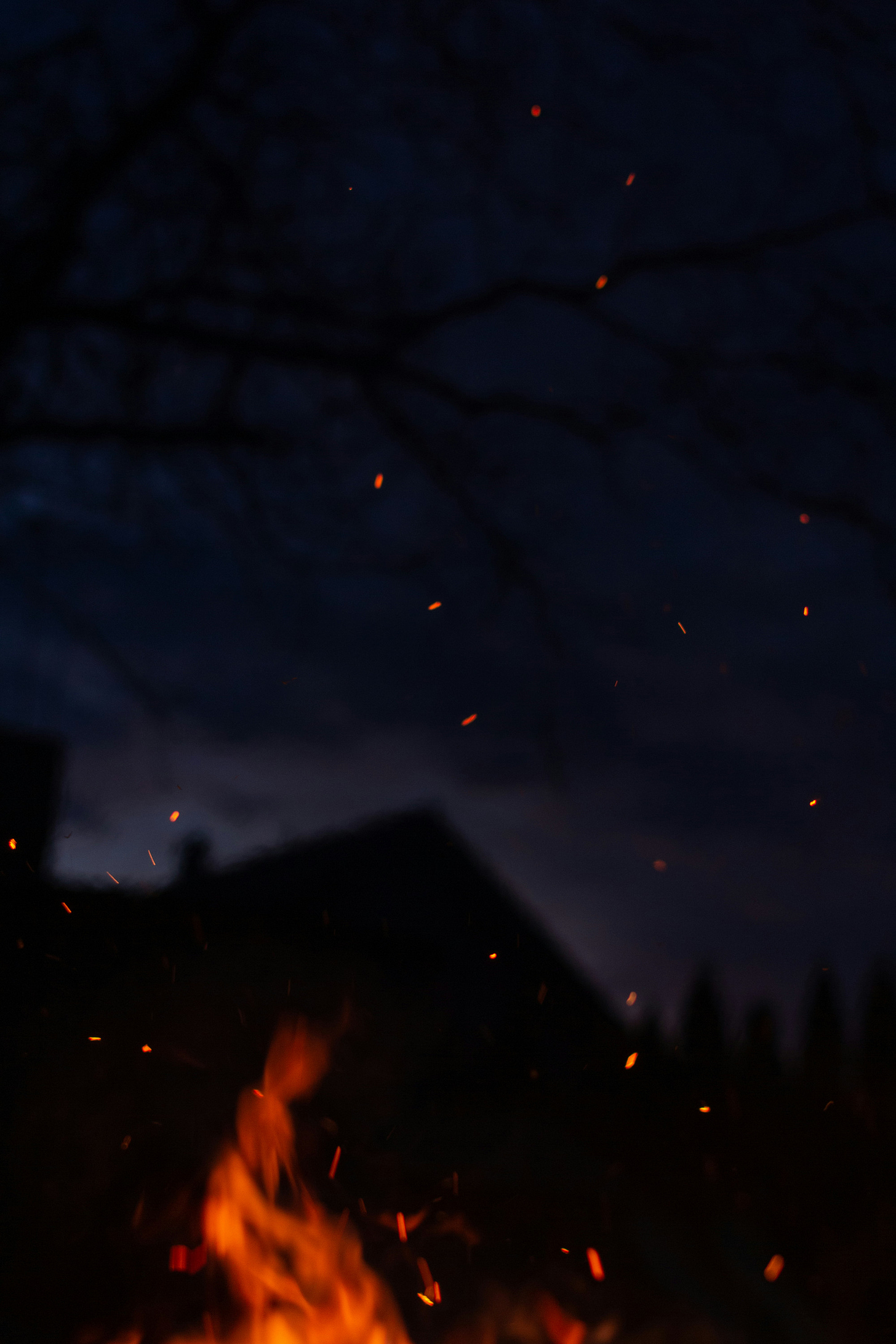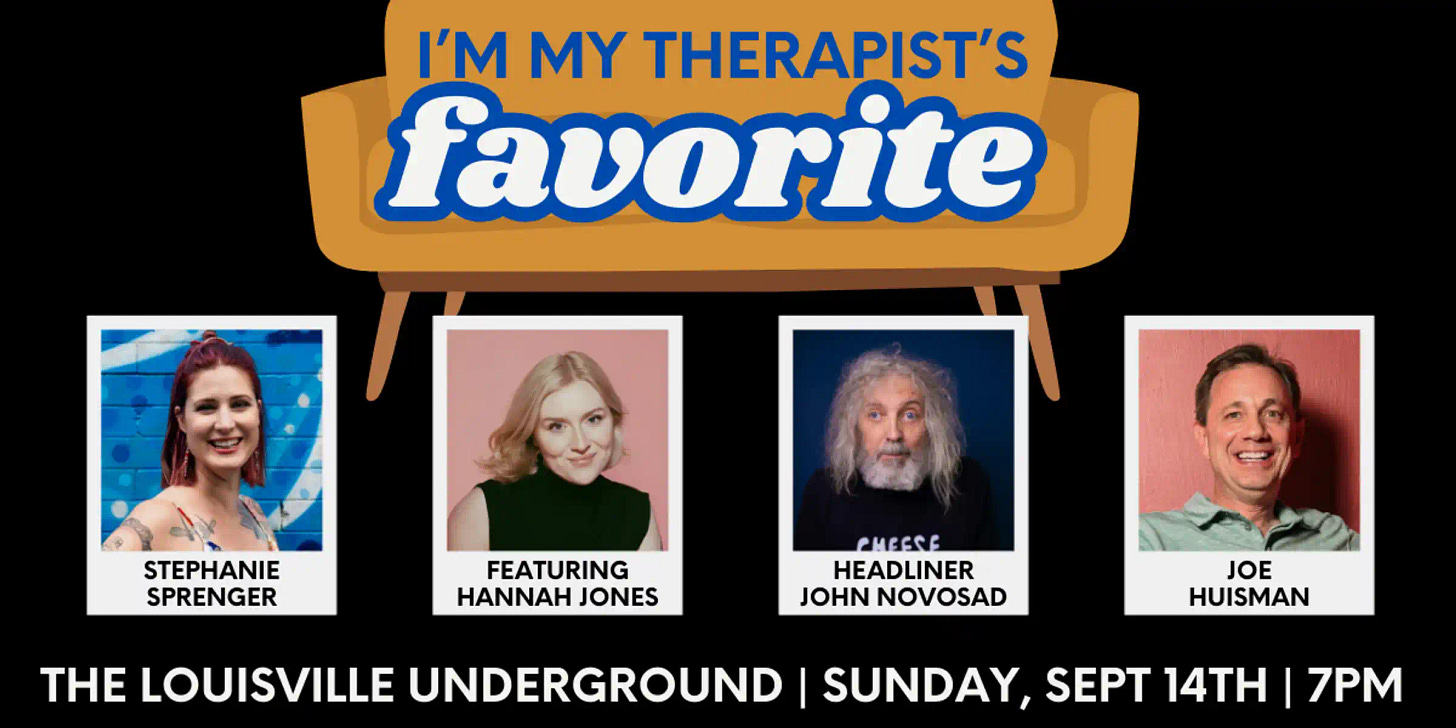When my daughters are in their forties, I hope they won’t be afraid of aging like I was. Full disclosure, I would not currently classify myself as being “scared of getting older,” and I always mean it when I say I like myself better every year. But I think it would be a lie to say I’m not sometimes haunted by the specter of my fertile, supple maiden-mother self whispering that this is the best things will ever be and I should hold on for dear life.
When I was in my thirties, I heard rumblings about midlife women grappling with feeling obsolete, irrelevant, unsexy, and invisible. Well, this would not do. I braced myself for an against-the-current swim, because there was no way I was going to enter midlife feeling anything less than powerful and vibrant. Like Albus Dumbledore in the 5th Harry Potter movie when he says, “You seem to be laboring under the delusion that I’m going to . . . what was the phrase. . . come quietly,” 30-something me was armed for battle and ready to turn into a goddamn phoenix when I hit 50.
Of course, 10-15 years ago, I had literally zero idea about anything having to do with perimenopause. I also could never have believed that our country would still hate women so much that we would (twice) vote against them in favor of a despicable, unqualified, misogynistic, racist, ignorant felon or that we would have lost our reproductive rights, but I digress.
My point is, for better or for worse, I really had no idea what it would feel like to be approaching 50, just like I currently have no idea what it will feel like when I am approaching 60. Aside from my brilliant decision to start using fantastic skin care in my 30s, upgrade my eye cream in my 40s, get a prescription for anxiety meds, take full advantage of the legalization of cannabis, find a fantastic therapist, and continue to be relentlessly ambitious, I was not prepared for the jarring transformation of my reality when I turned 45.
Sure, I also got a divorce and and ADHD diagnosis, which aren’t necessarily hallmarks of midlife (but they’re not not hallmarks of midlife, if you get my drift). But I had no idea that I was already actively experiencing perimenopause symptoms; none of my doctors put me on alert that it would likely have already started by my 40th birthday and would escalate rapidly after age 45. I had vivid recollections of my mom complaining about hot flashes and sometimes standing in front of the open freezer, but for some reason I did not make the connection that waking up in the night drenched in sweat was the same thing. Surely she was much older than me when this happened? (Reader, she was not.)
I was unprepared for the fact that my previous nutrition and exercise routines would suddenly elicit quite different (nonexistent) results. I did not realize that the neurodivergence I was still unaware of would be compounded by my plummeting hormones. I had no idea my skin would feel dry and itchy and I would sometimes wake myself up by scratching my own face in the middle of the night, leaving me wondering if I should get a midlife version of those mittens newborns wear so they don’t scratch their eyes out.
I had vaguely assumed my joints would hurt more as I aged, but sometimes my feet actually ached when they touched the ground for the first time each day. I was unaware that night sweats would wake me up multiple times a week and that I would ignore and dismiss it for months and months. I did not envision myself developing insulin resistance as a result of prolonged divorce stress, hormonal fluctuations, and family history. I wouldn’t have believed I would gain thirty pounds.
I did not understand that multiple things pertaining to my physical, emotional, and cognitive health could potentially go sideways all of a sudden because of one thing—perimenopause. Or if that’s too reductive, that perimenopause would be the conductor that merged my disparate dumpster fires to create the perfect hot mess storm. Nobody told me, and if women were talking about this publicly, I wasn’t listening yet.
How could a healthy, well-educated feminist not be prepared for perimenopause? Well, probably for the same reason I have been neurodivergent for my entire life and had no idea. We live in a patriarchal, misogynistic culture built to suppress our power and keep us quiet and obedient. 🤷♀️As Dr. Jolene Brighten said on my podcast last winter, we have not studied women, ever. Not the way we research men’s health. She said:
“I will tell you that for a very long time in women's medicine, this is the trend—dismiss a woman, tell her she doesn't know her own body, and then a decade later research comes out and you never acknowledge what you did to her. We don't study women, but we make assumptions about them. Like at some point a study comes out and it’s like, you know what generations of women have said? It turns out they actually know their bodies.”
We are too complicated and we’ve been deliberately left out of the dialogue, the research, and the DSM V—women of color and socioeconomically underprivileged women even more so. If you don’t know the secret knock or have the script to advocate for yourself, nobody is going to point you in the right direction.
But once I really started paying attention, I realized women my age actually are talking about this, everywhere. All of a sudden, female, midlife doctors who have millions of IG followers and popular podcasts are clearing up misconceptions; they are finally giving women a map to follow and providing us with an instruction manual that was actually written for our bodies and with our best interests in mind. What a fucking reckoning. And it’s about time. God knows my own mother didn’t have all this open dialogue—in the 90s, you got quippy Erma Bombeck takes on mammograms and wrinkle and dieting, but that’s about it. (Not in any way bagging on Bombeck; she was a fucking icon and lord knows the housewives of the 80s needed her.)
Every time I see a midlife female celebrity like Naomi Watts or Salma Hayek or Christina Applegate or Michelle Obama take to the internet to talk honestly about women’s health, perimenopause, or aging, I feel a flood of relief. This feels new. This feels revolutionary. Maybe my memory is built on revisionist history, and in reality perimenopausal Boomer actresses and authors were outspoken about what it felt like to be a midlife woman. Maybe there were countless books and TV shows and movies and celebrities speaking up, and my own perception reflects nothing more than the myopic lens of my own adolescence. Maybe women in the 80s and 90s were demanding better health care options and refusing to be silenced and demanding representation and insisting they not feel like shit.
But I kind of don’t think so.
Enter the female midlife protagonist
My goodness, rants have a way of snowballing when one intends to write a simple, lighthearted Substack column about midlife women in entertainment! Let me back up. Months and months ago, when I was reading All Fours by Miranda July, I intended to write an entire post about it. (Reader, I did not.) Before I got to the part of the book that EVERYONE HAS VERY STRONG FEELINGS ABOUT, I was already highlighting the shit out of it because I was so pulled in by the realness, the accessibility, the vulnerability of the narrator. She thinks how I think, I mused about the protagonist with delight, which incidentally is my favorite part of being a reader.
I adored the interiority of the main character—whose name or actual occupation are never revealed—and while I knew the book had something to do with marriage/divorce and it was “racy,” I somehow had not heard that perimenopause was going to make a cameo as a main character all her own. I loved that the narrator did a deep dive into the declining hormone levels of midlife women compared to the stable data line of our male counterparts. I loved that she was outraged and refused to let her sexuality die a slow, boring death. I loved that part of the narrative arc had to do with fucking estrogen.
Now I can’t remember if she ever really addressed the resolution or lack thereof pertaining to her own hormonal evolution. Did she get on HRT? Do we talk about that again later in the book? Fuck, I can’t remember. Blame my ADHD + perimenopause: Talk about a sadistic one-two punch.
Thoughts about midlife Carrie, Miranda, and Charlotte?
Having been a loyal Sex and the City fan (we cut our teeth on Days of Our Lives and watched every episode of 90210; SATC was inevitable for many Gen X girls), I had a flood of conflicting emotions when the reboot—And Just Like That—was announced. I knew I would obviously watch it, even if I wound up hate-watching it in the middle of the night with no witnesses and a bottle of prosecco.
I’m obsessed with Samantha Irby’s writing so thought that was bound to be a good sign, and I tried to temper my consumption of critical reviews of the reboot before I watched it myself. Now, dear readers, we could go down a HUGE rabbit hole sharing our takes on And Just Like That, and I’m here for it, I am. I am actually dying to know what you think of it.
I watched the first season with the ambivalence of someone trying to decide whether to cut bangs. I was like, “Oh, look at them fixing all the things that were wrong with the original!” and then, “Hmmm, that was super cringey,” and then, “This is so refreshing, the diversity is long overdue,” and then, “Wow, this feels super formulaic and over the top.”
I’ve been watching the most recent season somewhere in the middle of hate-watch and genuinely interested. I have strong feelings. Some of them are not favorable. But I can’t stop watching. And also, at the end of the day, I want to return to the fact that it was a bold and important move to bring back our former favorite icons as they deal with aging, grief, divorce, menopause, career changes, reinvention, midlife sexuality, etc.
An aside: even with all the newfound diversity in the series, there is literally only one character who is financially struggling (although they used to be rich and probably will be again, so there’s that), and all the rest of them are rich AF. Just sayin.
Aside from the controversial midlife reemergence of SATC, we also have Nightbitch, Dead to Me, Somebody Somewhere, and oh, Emma Thompson in Good Luck to You, Leo Grande—my god, chef’s kiss. My point is, even though when you zoom out everything is quite literally hot trash fuckery, midlife women are rewriting narratives, and I see Gen X women leading the generations after them with boldness and determination.
We are the phoenixes rising from the flashes (see what I did there?).

We have more options for accessing relevant information on our health, We are watching programs and reading books and listening to podcasts where we are not the frumpy, decrepit supporting actresses. We are the fucking main characters. We are powerful. And relevant. And the stronger we get and the better we feel—and the less we succumb to tearing each other down out of habit—the more threatening we will become to the powers that be. Because then we will be unstoppable.
XO,
Steph
What’s Up:
Want to book an Intuitive Creativity Session with me? This is one of my favorite offerings, and includes brainstorming, goal-setting, getting unstuck, freewriting, and most importantly, a juicy Tarot reading around your creative projects. More details here. (P.S. You can totally book a non-wooey 1:1 coaching session with me, too. 😉)
Redacted submissions close 7/31! Do you have a divorce story to share? Submit here.
Locals! We have a brand new lineup for I’m My Therapist’s Favorite on Sunday, 9/14! One of my favorite comics ever, the legendary John Novosad, is headlining. Our last show sold out, so you don’t want to miss it! Tickets here.







So good! And I feel the same way about AJLT— they hit every note just a little too perfectly but it’s definitely a step up. I can’t look away (there’s even been crying and cracking up) AND I want it to be over already. The tiny waists of the three mains is very annoying.
Loved every word Steph.